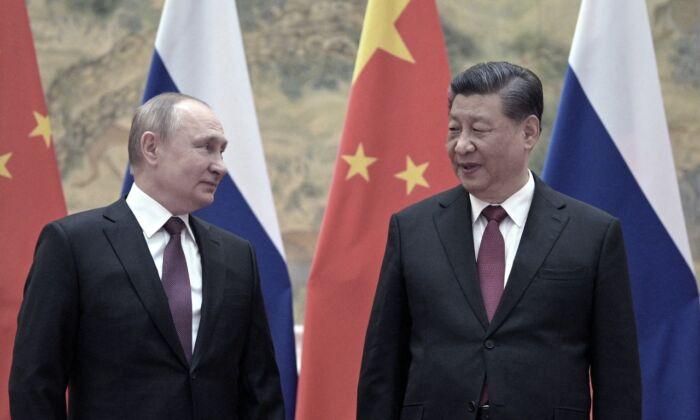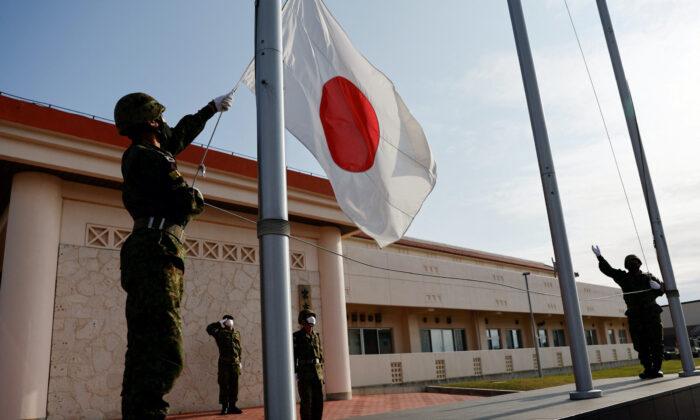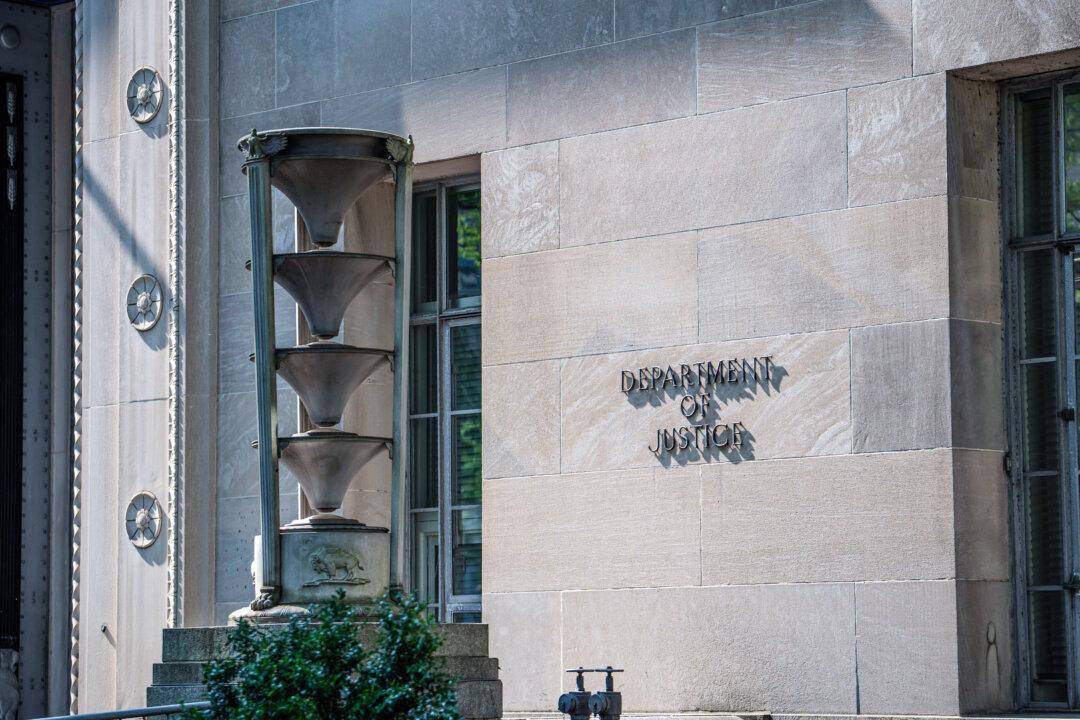Gen. Kenneth Wilsbach, commander of the U.S. Pacific Air Forces (PACAF), said Russia’s invasion of Ukraine should give China some pause about attacking its neighbors, if the communist regime really learns some “key lessons” from the war.
The biggest lesson should be the “solidarity” of the international community in opposing the invasion and the crippling sanctions that Western governments have slapped on Moscow, according to Wilsbach.
The Chinese Communist Party claims that Taiwan is a part of its territory even though the island has never been under the regime’s rule. Internationally, Taiwan is widely recognized as a de facto independent entity, with its own constitution, democratically-elected government, and military.
“Some kind of unprovoked attack inside of the Indo-Pacific region certainly would provide some kind of solidarity for the nations of the Pacific to come together and oppose something like that,” he added.
What’s more, the Chinese should also think about “some of the terrain they would have to contend with, around where their neighbors are at,” according to Wilsbach.
Wilsbach said Beijing should keep in mind how the Russians have incurred immense costs for the war.
“They’ve killed so many of their own people as well as those in Ukraine, and I’m hopeful that China will pay attention to that as well,” he said.
The U.S. general also warned Beijing about using the Ukraine crisis to advance its agendas.
“I am watching China very closely during this Russia-Ukraine crisis,” he said. “I’m keeping a close eye on where they might take advantage.”
Sino-Russian Alliance
Russia and China’s “no limits” partnership has severe limitations when it comes to military cooperation, according to Wilsbach.“We’ve seen some integrated bomber patrols in the past,” he said. “There’s been a couple of other exercises that we’ve seen them do together, but I would not say that they’re interoperable in any way. And their systems are quite different.”
“It’s interesting to see the power play: China thinks that they should be the lead, and Russia thinks they should be the lead. So I’m fairly happy with that tension there,” he said. “I think that will be a problem for them as they go into the future.”
In contrast, Wilsbach said the United States and its allies—South Korea, Japan, Australia, Indonesia, India, Malaysia, and Singapore—are quite interoperable, given their fighter jets have similar equipment and are “data-linked together.”
One thing that the U.S. general wasn’t sure of is whether Xi knew about Moscow’s military plans prior to the invasion.
“Was Xi wrong? Was he part of the misinformation campaign that Russia was putting out? Or was he surprised? Was he duped by the Russians? I don’t know the answer to that question,” Wilsbach said.
A Western intelligence report, first covered by The New York Times on March 2, indicated that senior Chinese officials asked their Russian counterparts to wait until after the end of the 2022 Winter Games before invading Ukraine. The request happened early last month, but it is unclear from the report whether Xi and Putin talked about it during their meeting in Beijing on Feb. 4.
“I think that China is taking a pretty cautious approach right now, based on uncertainty of how this might turn out,” he said. “And also the international backlash that’s happened toward Russia, they probably don’t want to get caught up in that too much.”
“But it still is very surprising that they’ve come up with the support rhetoric that they have,” he concluded.





